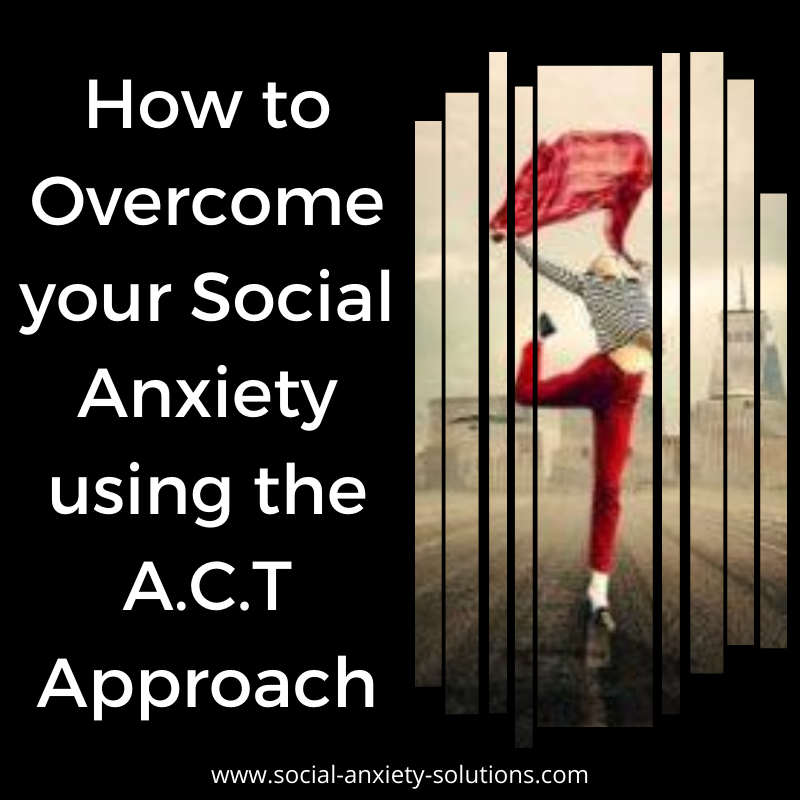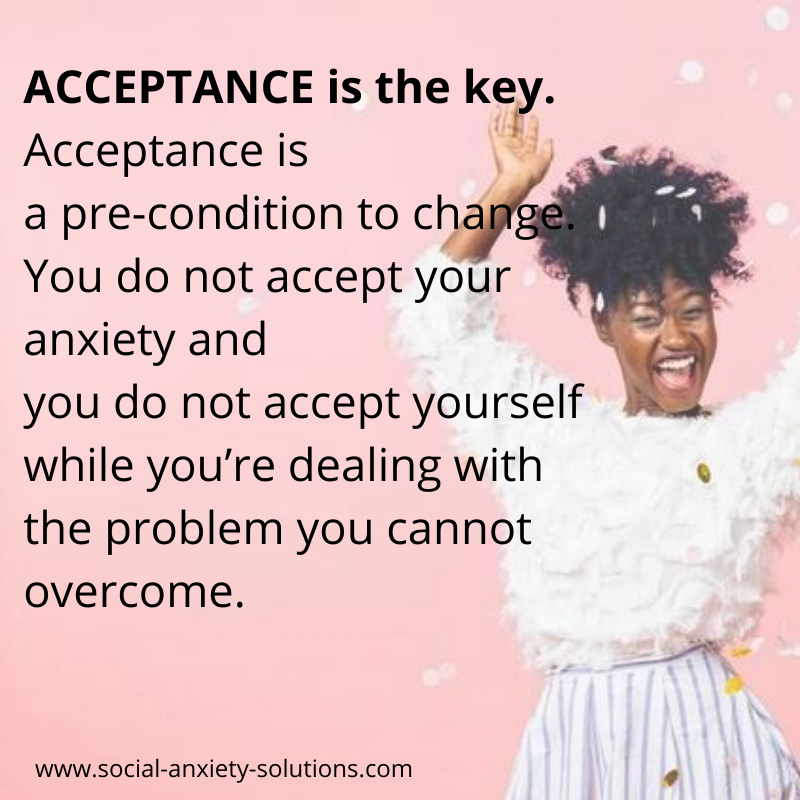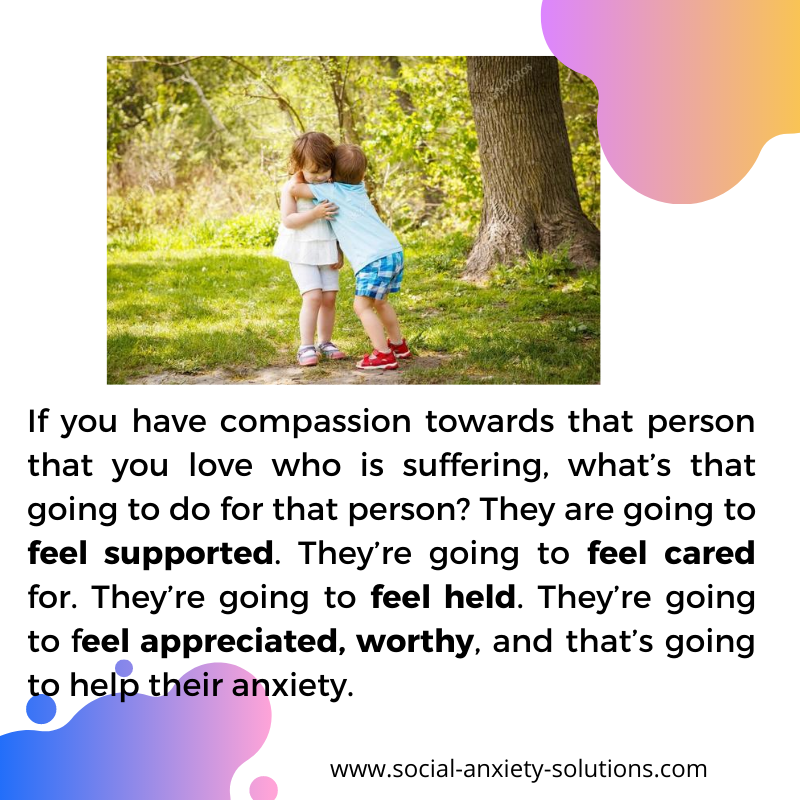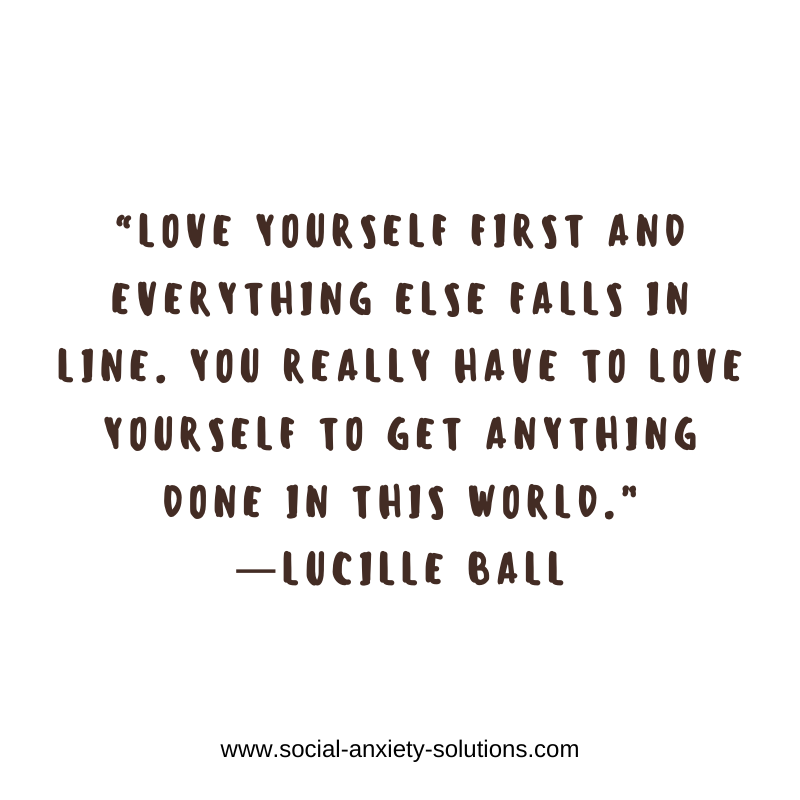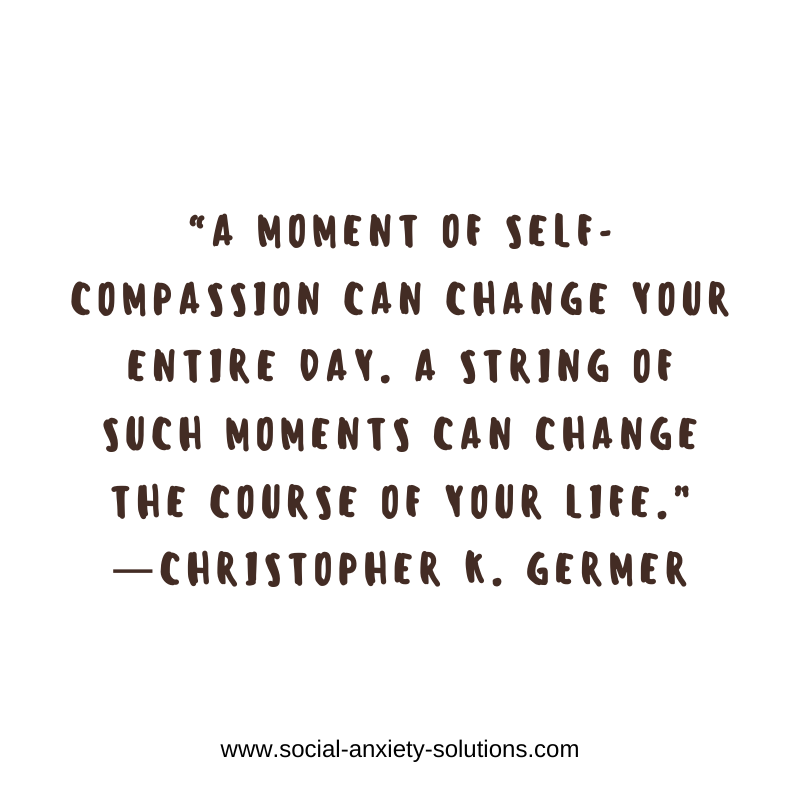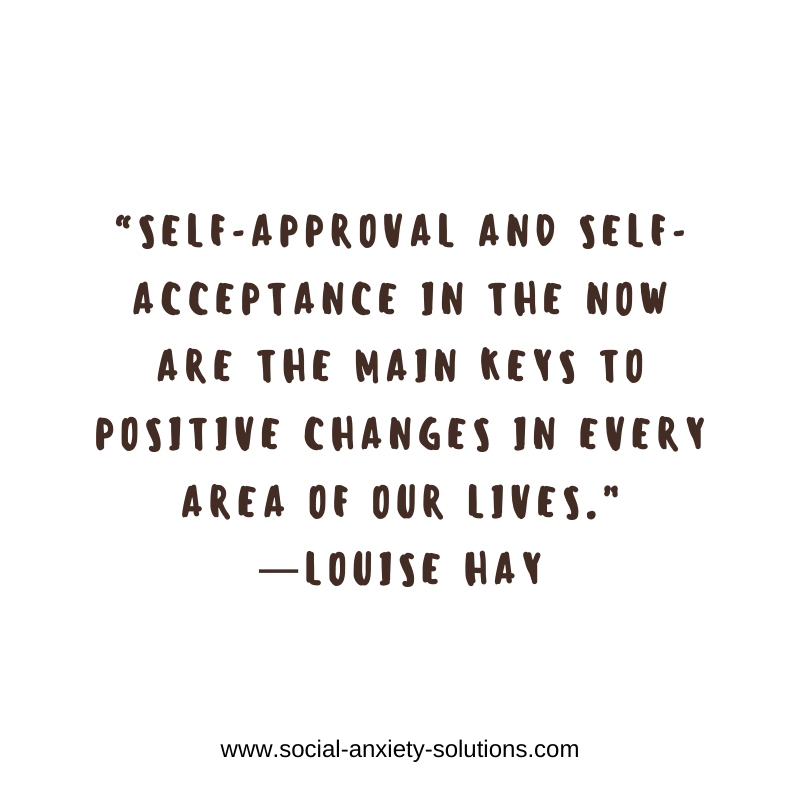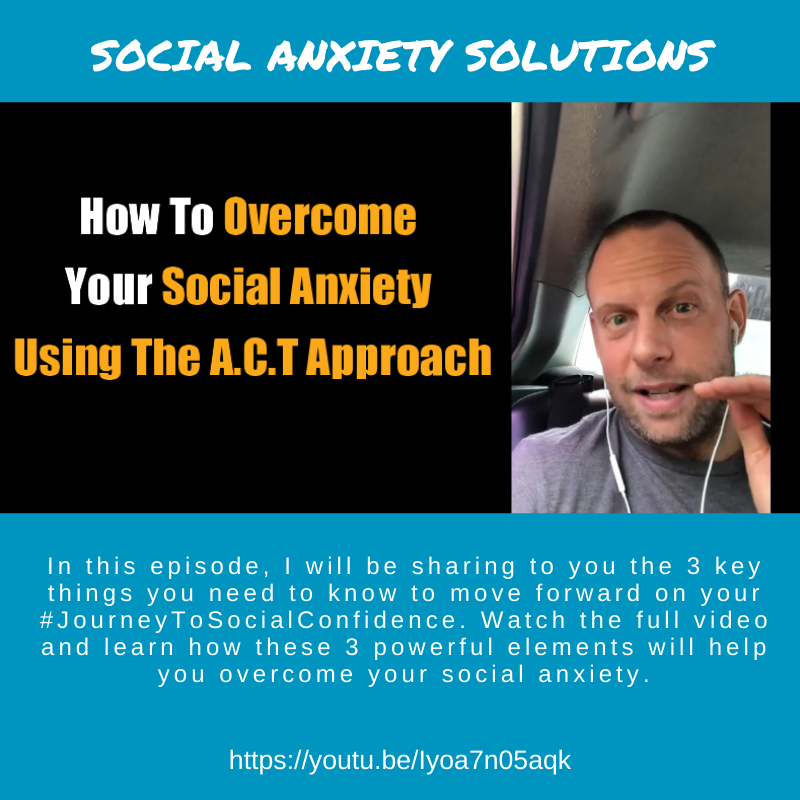SUMMARY
Is your life paralyzed by your social anxiety problem?
If so, you are on the right spot!
In this episode, I will be sharing to you the 3 key things you need to know to move forward on your #JourneyToSocialConfidence.
Here’s the A.C.T. Approach, short for #Acceptance, #Compassion, and #Tapping.
Watch the full video and learn about how these 3 powerful elements will help you overcome your social anxiety.
Get my FREE Social Confidence Starter Kit to learn more about how you can overcome your social anxiety completely without forcefully facing your fear.
Go to: bit.ly/socialconfidencenow
FULL TRANSCRIPTION
Hey! This is Sebastiaan from www.social-anxiety-solutions.com
I am in a taxi in the Philippines, and I thought that this would be the perfect time to talk a little bit with you about the particular approach that I use to overcome Social Anxiety because it has a name since a couple of months ago. I thought that I haven’t spoken about that with everyone yet, and the name is the A.C.T Approach which stands for Acceptant, Compassion, and Tapping.
Those 3 elements are really the key and essential in overcoming your Social Anxiety. Let’s look at each one briefly. I’m going to get in more detail as I’m going to write an extensive article on this at some point. But for now, I’m just going to get my thoughts out there.
ACCEPTANCE is the key. Acceptance is a pre-condition to change. You do not accept your anxiety and you do not accept yourself while you’re dealing with the problem you cannot overcome it. Because what you resist persists – as Carl Jung, a famous Psychologist said.
That’s challenging because hey, how are you going to accept something that is so unacceptable, that makes you suffer so much? That makes your life so difficult? Well, you do that by tapping on your non-acceptance.
What’s in the way of actually accepting the anxiety is your reaction to it. Those sensations in your body (tightness in your chest, upset stomach, a lump in your throat, jitteriness), they’re just uncomfortable sensations in your body, and there are emotions connected to it. But you can tap on these emotions.
You can tap on your emotional responses to that and you can release the self – judgments about the fact that you’re dealing with this issue, such as “I’m a loser, I am weak, I’m not strong enough because of this and there’s something wrong with me”.
By using tapping, you tap through those and you release those common emotions that people have about their Social Anxiety (they’re ashamed, they feel frustrated, they’re angry at themselves, they’re worried that it won’t go away). Those additional emotions and additional judgments make up that non-acceptance. So when you tap on that, you move towards acceptance.
This is easier said than done, and this is a process over time. But that’s the whole story for overcoming your Social Anxiety. It’s not going to happen in a couple of times in tapping. But it will happen when you persistently apply it in the right way and you work through all of the aspects that make up your Social Anxiety problem.
COMPASSION. There are people that deal with anxiety in social situations. In fact, I have some friends that are anxious in particular social situations and they just get a bit anxious there then that’s it.
I’ve spoken about it with them. For example my friend, Cathy, she gets anxious when she dances Salsa. I told her “Hey, I can help you address that and relief that so you can be in the moment”. But she sees it as a challenge to overcome it. She has her own process, but she doesn’t get upset about the fact that she is anxious during Salsa dancing. She’s like “whatever…that’s just my experience.”
She doesn’t beat herself up for the fact that she gets anxious; she beats herself up about the other stuff, but that’s their story.
When you’re dealing with Social Anxiety and it’s a real problem for you, it’s usually because you’re also beating yourself up mercilessly. That just adds insult to the injury. It makes the problem even worse, and what you need is compassion.
How could you be compassionate towards yourself?
You can be compassionate towards yourself when you actually understand what’s going on with you.
What’s going on in your brain perceives a threat, your brain is seeing the danger, and it’s activating the Fight – Flight – Freeze Response. The fact that your brain is perceiving a threat – it’s not your fault. It’s your system reacting to the programming that is inside your brain.
Where does that programming come from? Well, you’re not born an anxious baby. Nobody comes out of the womb anxious. Stuff has happened to you.
In other words, if you experienced repetitive negative experiences, maybe a critical dad, or parents with high expectations, or an overprotective mom, or you got bullied in school, you name it. Those experiences, and the emotions that you endure during those experiences, and the learning’s that you got from that, the beliefs that you took from that and the beliefs that were created at the time, they now form that perception of threat. It’s your past programming that has caused the problems that you’re having today with Social Anxiety.
The perception of threat activates the Fight – Flight – Freeze Response, which results in symptoms of anxiety, and that perception of threat is governed by the beliefs. Those beliefs come from earlier life experiences.
Are those your fault?
If you grow up in a household where your parents get a divorce, and it’s really messy – all that leads to issues with your self – esteem. Is that your fault?
If you got bullied in school because you show up in a particular way, maybe more fragile because of the relationship with your mom or your dad. Is that your fault?
If you are compared to your brother and you don’t measure up because you’re younger, and there’s a lot of pressure and high expectations in your household. Is that your fault?
NO, IT ISN’T.
You actually went through a lot of suffering early on in life and that’s tough. Now you have this problem.
I often ask people “Imagine someone that you really love, someone that you really care about and think about that person”
Did you get someone in mind? Good.
Now imagine that person has the same Social Anxiety issues that you have, and it’s at the worst now for that person that you love. How do you feel towards that person right now?
Are your thoughts towards that person the same as they are towards yourself? Likely not. The common experience that I hear is “Well when I think about someone who I love who goes through that suffering, I feel compassion for them. I want to help them.”
If you have that particular attitude towards that person that you love who’s suffering, what’s that going to do for that person? They are going to feel supported. They’re going to feel cared for. They’re going to feel held. They’re going to feel appreciated, worthy, and that’s going to help their anxiety. And at the very least, it’s not going to make it worse and blow it up. How about having that approach to yourself?
Right. That’s why compassion is important. You are suffering, it’s not your fault, it is an issue. It’s true to acknowledge it. You have to accept it, but those 2 core concepts: you have to accept it and you’ve got to be compassionate towards yourself (compassion helps with the acceptance). Now you’re on the right track.
This is part of #TheJourneyToSocialConfidence, and tapping is the tool in order to move from stage 1 to stage 2 to stage 3. There’s actually 5 stages of that journey and we’re going to talk about it at some other point.
So that is the A.C.T approach. Now A.C.T stands for taking action. But it’s not the same kind of action that you hear about it. If you look about the mainstream solution for Social Anxiety, it’s not like push yourself to awkwardly face your fears so that you can gain some confidence, and then use that confidence to do more and blah blah blah.
Exposure therapy? While it actually works for some people to some degree. Most of the people that it does work for, they’re still anxious. They’re just less anxious and they can handle it better. So it doesn’t really go away because they’re not addressing the causes of the problem.
With tapping, you look for what’s the root of this fear? Why do you have such a fear of rejection? Why is that such a big problem for you? Well, because I was really rejected harshly by my dad, my dad didn’t like me, now I’m afraid of not being liked by others.
Okay, well should you then go and force yourself to socialize and create these social skills, and come off in a likable way so that you gather some evidence? Mmm, how about just authentically liking yourself by neutralizing those experiences with your dad. Changing that around subconsciously so that you no longer feel that you’re unlikeable, and then you go into a social situation, you don’t have to pretend, you don’t have to use social skills to be so likable – that will naturally come out of you because you feel good about yourself. And then, you don’t have to put up an act, then you give up a good vibe that is what automatically like. Now you’re gathering positive social experiences easily, effortlessly. That’s what you’re after.
I talked about social confidence, but what it really is, is effortless social ease. Which is just basically being yourself. Feeling at ease. Being you.
That’s the A.C.T approach in a nutshell. Driving over a nice bridge now. That should be a highlight. I think we’re going to call it off here.
Hope this helps you, and I release videos like this every Thursday.
I will connect with you soon.
Want to massively reduce your social anxiety, from the comfort of your own home?
If you experience Social Anxiety, click below to receive the FREE “7 Secrets to Social Confidence” Mini Course!
- How To Stop Worrying - January 17, 2024
- How to Reduce Facial Blushing with EFT Tapping? - June 29, 2023
- Are You Scared to Get Anxious? Here’s how to fix it! - June 16, 2023

